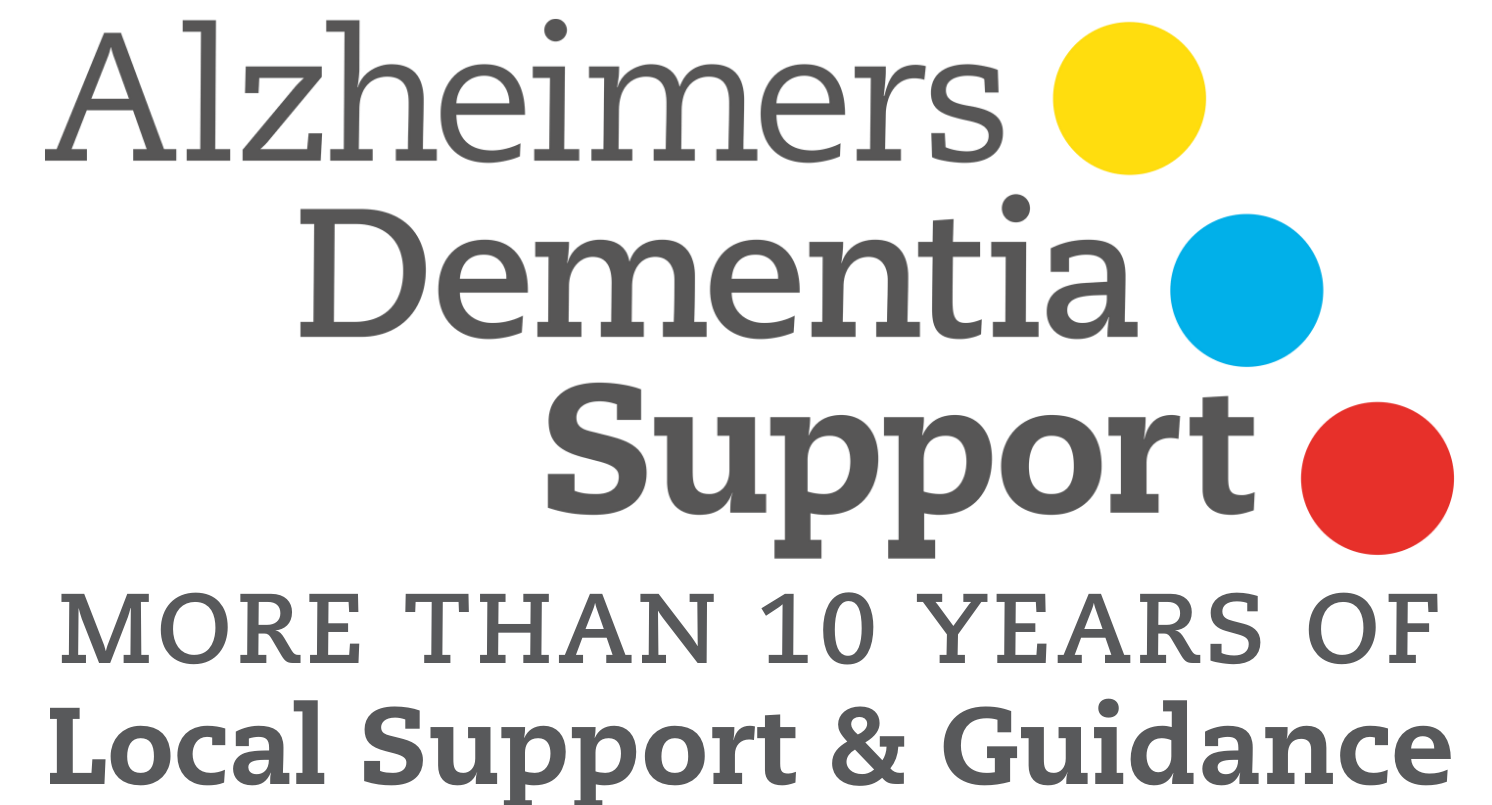Breaking the Stigma Around Dementia
People affected by Dementia can live active, fulfilling lives for many years after their diagnosis. Yet, they often face stigma and discrimination, which can be deeply isolating, hurtful and harmful to their well-being. Most of the time, this isn’t intentional—many people simply don’t know how to support someone affected by Dementia or know what to say or do.
Why we Should Break the Dementia Stigma
Stigma comes from fear and misunderstanding. Many people assume that a Dementia diagnosis means losing independence or identity. But this isn’t true. People affected by Dementia continue to have feelings, relationships, and the ability to enjoy life. Unfortunately, the way in which Dementia is portrayed in our culture (through movies and the media) often reinforces negative stereotypes. We’re told that People affected by Dementia “lose themselves” or that their lives are only defined by decline. While Dementia brings challenges, People affected by Dementia can still laugh, love, make choices, and be part of their communities.
How Stigma and Dementia Discrimination Show Up
A staggering 90% of family members and Carers say that their loved one affected by Dementia has been treated with less respect than others. Discrimination can take many forms, including:
Making jokes about Dementia or using it as an insult.
Friends or family pulling away, excluding them from social events or from conversations and leaving the Person isolated.
Doctors only speaking to Carers instead of the Person affected by Dementia, assuming they cannot make their own decisions.
Denying access to services or activities, because people assume that they won’t benefit.
Employers failing to provide support to help them to continue working or transition out with dignity.
What We Can Do To Reduce Dementia Stigma
Breaking down stigma starts with raising awareness, empathy, and action. Here’s how we can all help:
Learn and Help Raise Awareness
Share accurate information about Dementia, dispelling myths.
Focus on what People can do, not just what they struggle with.
Use inclusive language that acknowledges the person before the condition.
Show Empathy and Kindness
Don’t just talk to the Carers, listen to the experiences of People with Dementia – they are the experts on their own lives.
Stay connected — a Dementia diagnosis doesn’t mean someone stops wanting friendship, laughter, love and to feel included.
Offer practical and emotional support, whether through a helping hand or a kind word or simply by being with them.
Encourage Inclusion and Participation
Encourage People affected by Dementia to stay engaged in their communities through hobbies, social events, and meaningful activities.
Advocate for inclusion and set the example, promoting the rights and dignity of People affected by Dementia and their families.
Challenge Misconceptions and Stereotypes
Correct misconceptions, like the belief that Dementia is just a normal part of aging.
Share stories that show People affected by Dementia engaged, expressive, and connected and enjoying their lives.
Change how we talk about Dementia, focussing on connection, ability, and dignity rather than just loss.
Focusing on What People Can Do
People affected by Dementia still have choices, feelings and the ability to be part of their communities. They may need support, but rather than assuming what they can or can’t do, we should ask, listen and encourage independence wherever possible. This will have a huge impact on their well-being and self-esteem.
By changing how we act and think, we can create an environment where People affected by Dementia are treated with the respect and kindness that they deserve.
Small actions – like a conversation, an invitation or an open mind – can make a huge difference!

